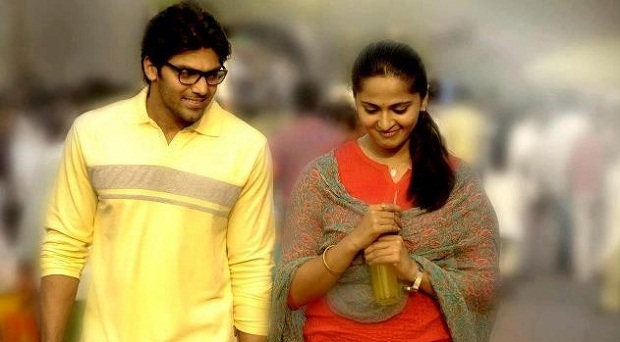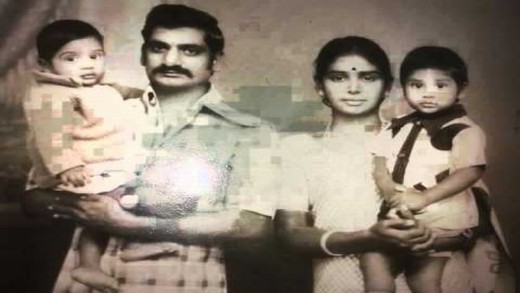When I was younger, I used to think the Tamil language was rather lame. It was something I was forced to learn by adults, through early childhood lessons with my mother, Tamil classes spent doodling, and conversations with Tamil adults where the head nodded more than the mouth spoke.
Tamil for me was something to learn not because you wanted to, but because you had to.
Don’t get me wrong. I was never illiterate. As a natural-born keener, I was able to pick up the language easily enough, but there was never quite any motivation behind my learning other than the need to do well.
After all, as a child, I didn’t really have much use for the Tamil language. Sure, I spoke it with my parents, their friends, and during awkward, stunted phone conversations with family abroad, but apart from those rare occurrences, I had no one with whom to speak in Tamil. I was very much Anglophone, and though I was an immigrant when I started school, as my English improved, my native Tamil declined. It reduced to such a pitiful state that I began to speak with my parents in a mix of Tamil and English, a term my mother coined as “Thamingilam” (Thamil + Aangilam [English]).
I didn’t think much of it at the time.
In fact, it wasn’t until four years ago, when my cousins from Norway came to visit, that I was suddenly faced with the dilemma of not being able to efficiently communicate in Tamil.
The interesting thing about European countries is that English is not necessarily their first language. In fact, in Norway, it isn’t even an official language. Rather, it’s taught similarly to French in Canada – mandatory for a few years in high school, but optional otherwise. And as helpful as high school French is in releasing our inner Francophone, it can hardly prepare us for fluency, not unless we take particular effort in achieving that goal.
Likewise, English came to my cousins clumsily, and I realized immediately that the only way I could communicate with my family, was to speak in Tamil. It was our universal language.
These days, Tamil people don’t live in Ceylon or India anymore. We’re all over the world. We may speak English, French, German, Dutch, Norwegian, and a myriad of other languages, but the one thing that links us all together is our native language, Tamil. Perhaps that’s why it may be worthwhile to provide our younger generations with not only the tools to learn this language, but a resounding reason as to why it’s so important.
Because I’d like to think that if we were to meet one day through some obscure relation of our parents, we’d still be able to communicate… no matter where in this vast world we find ourselves.












